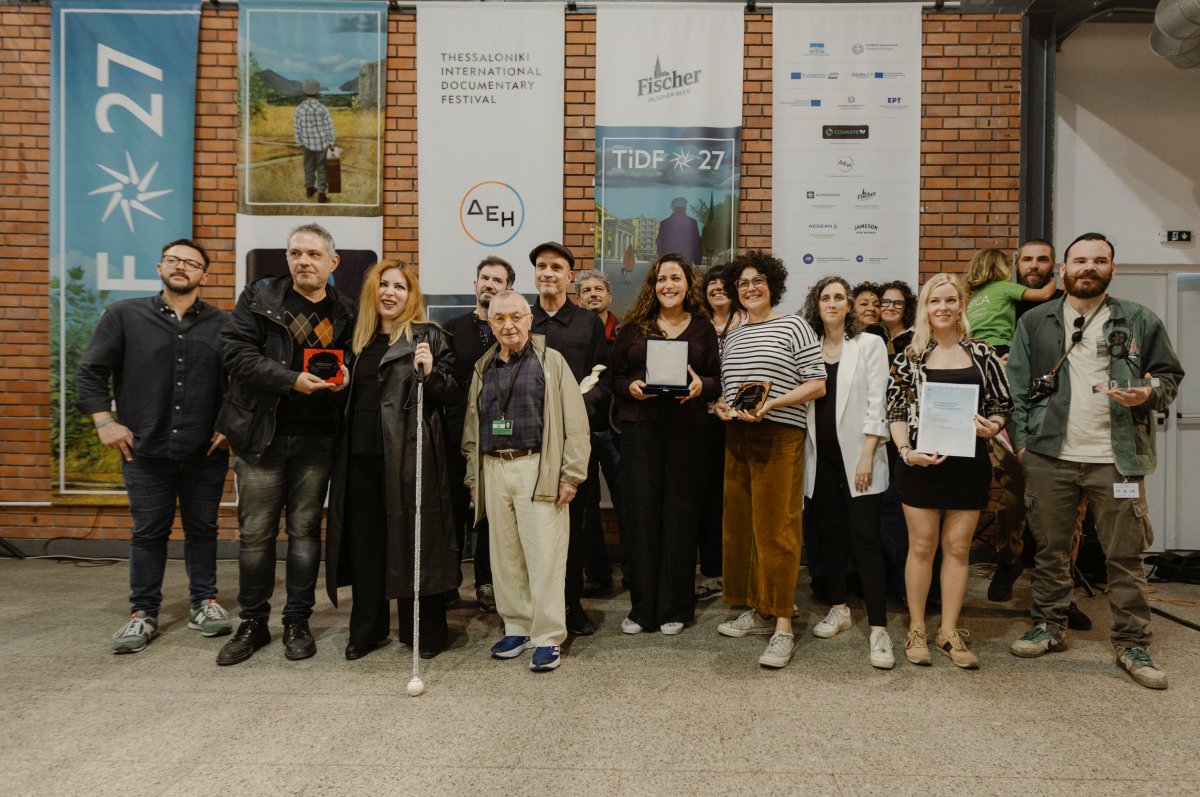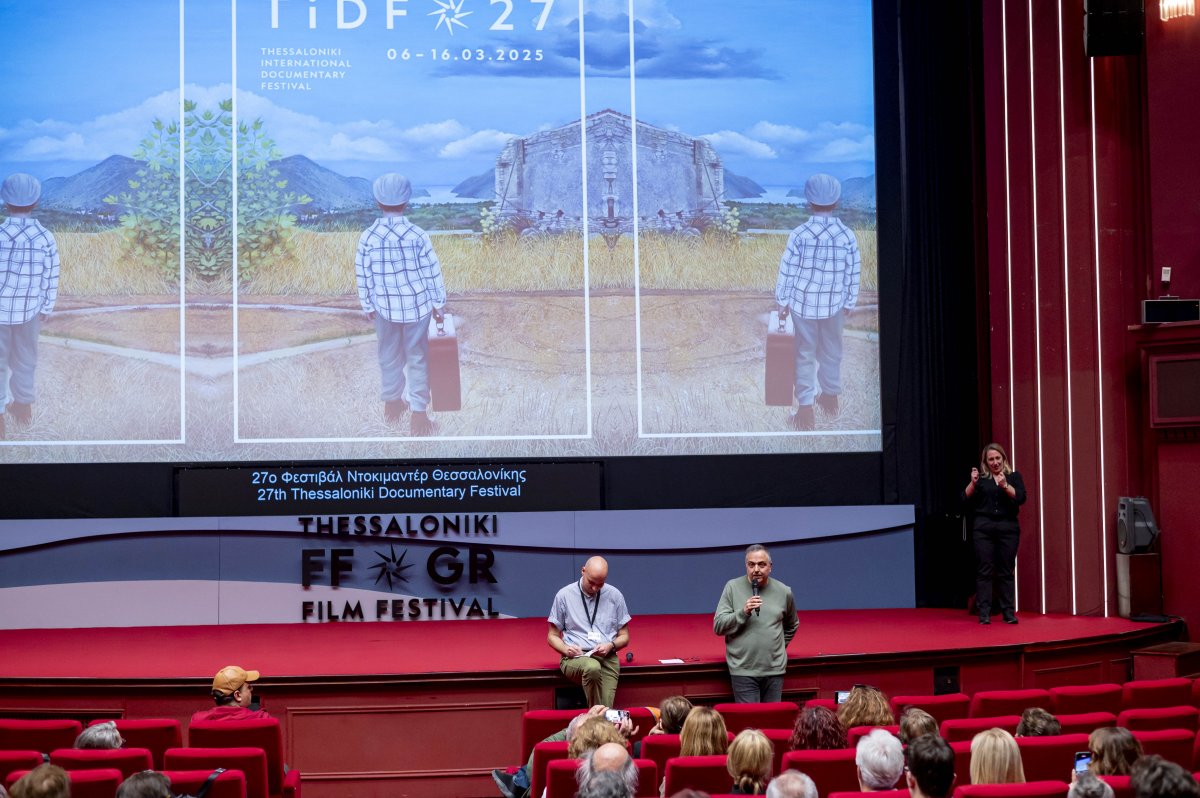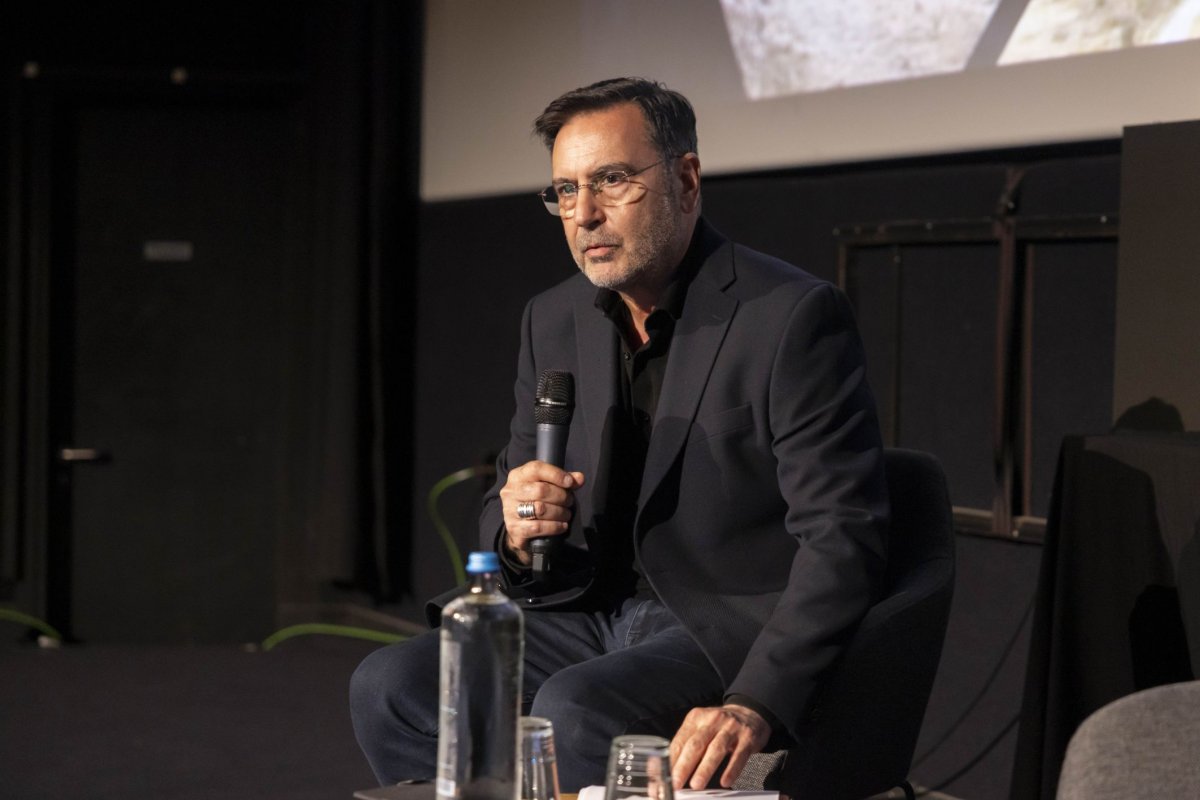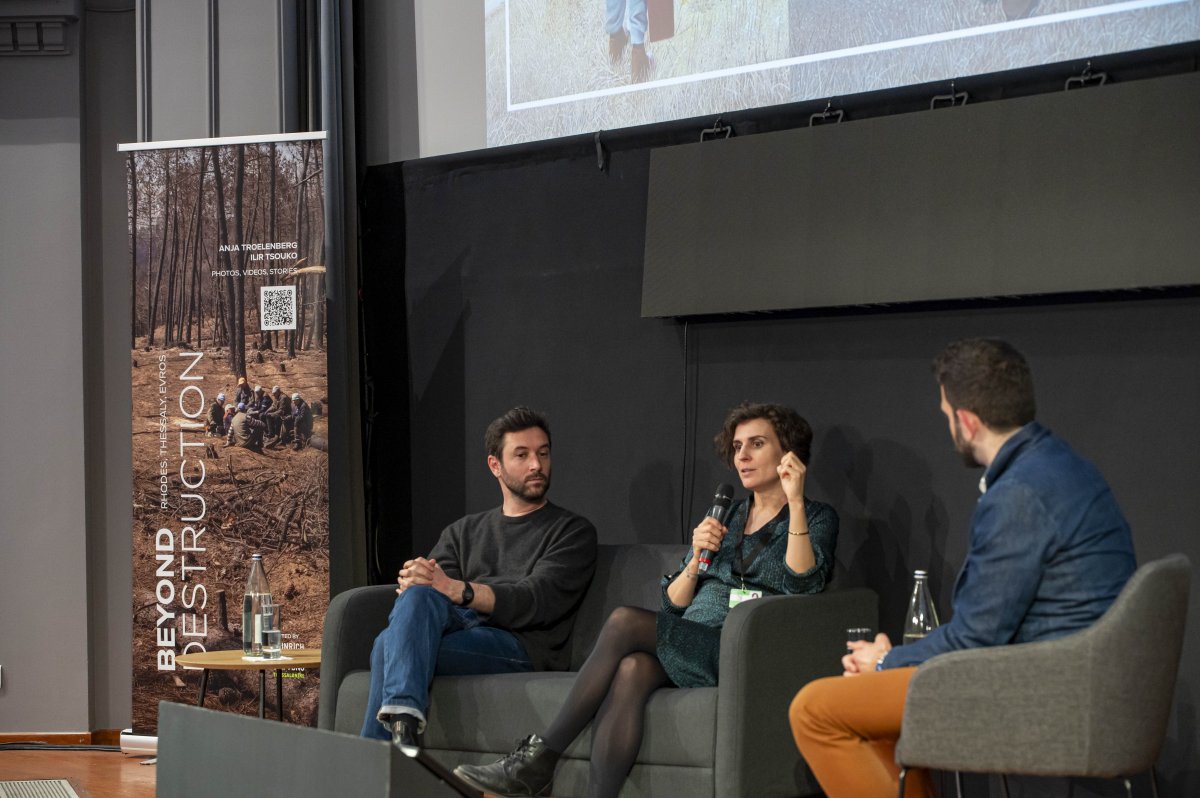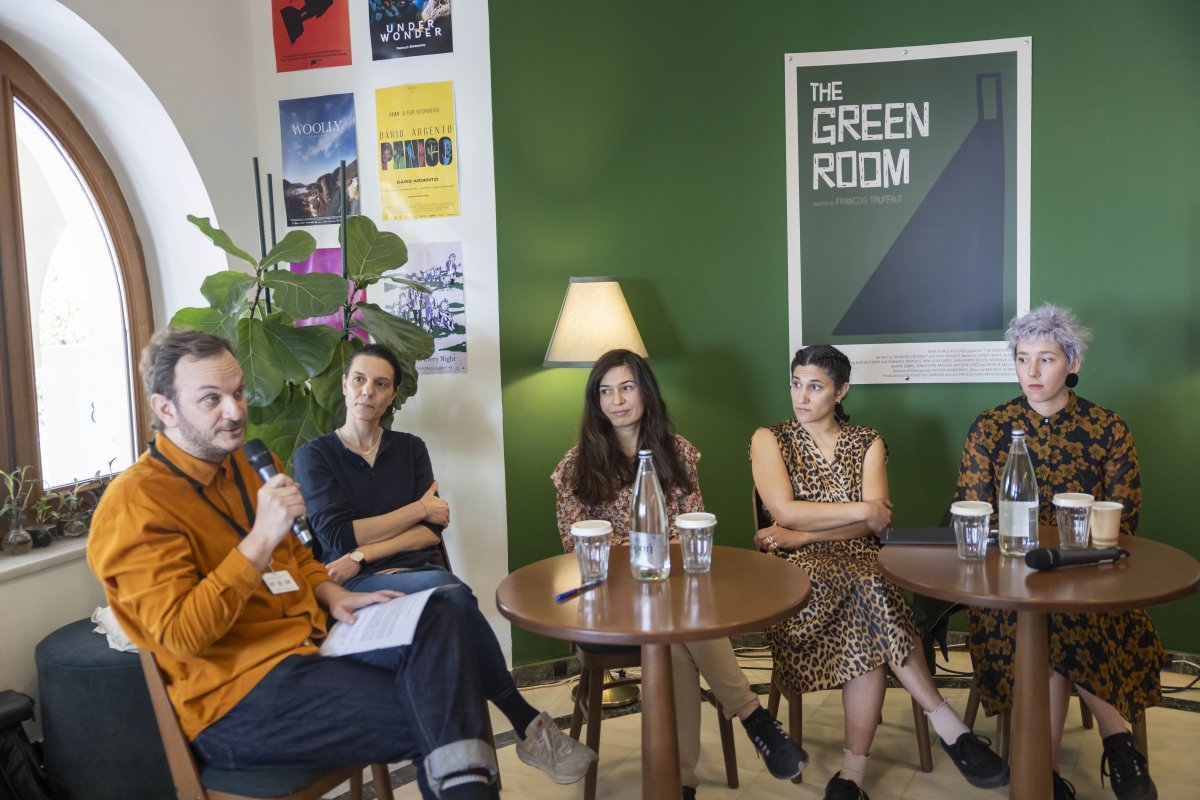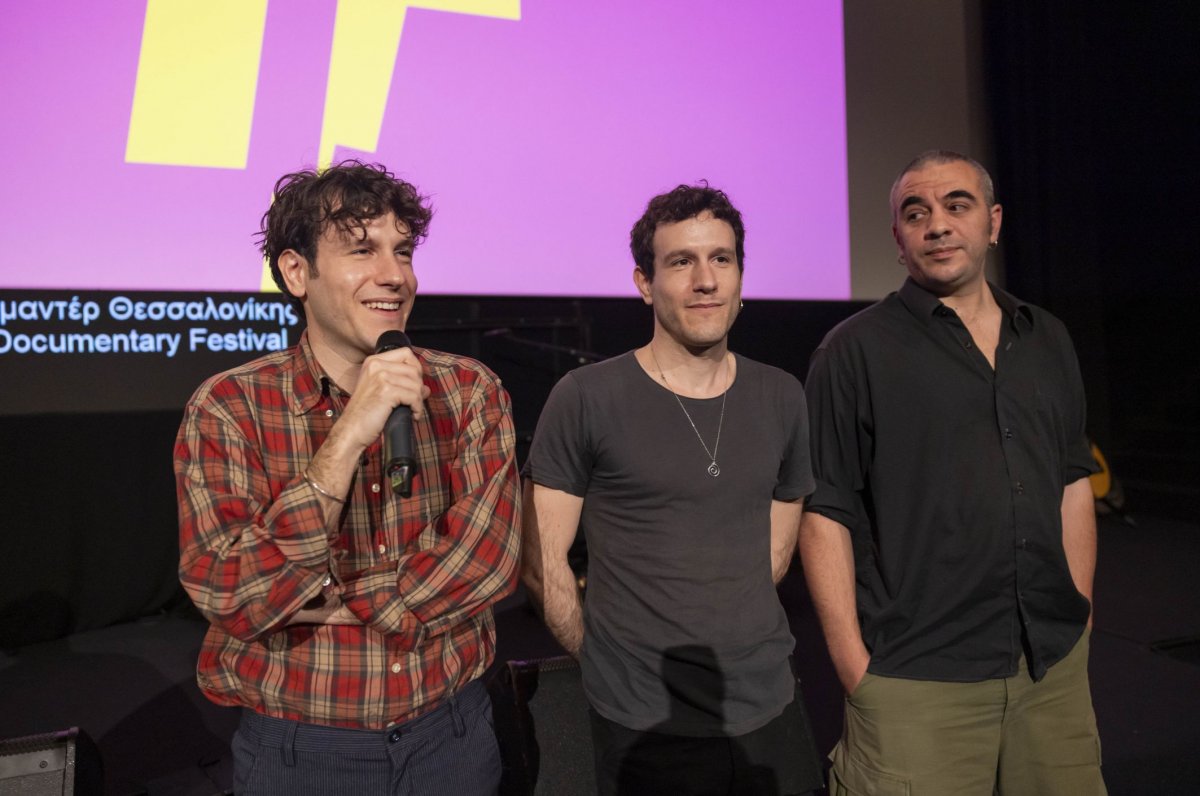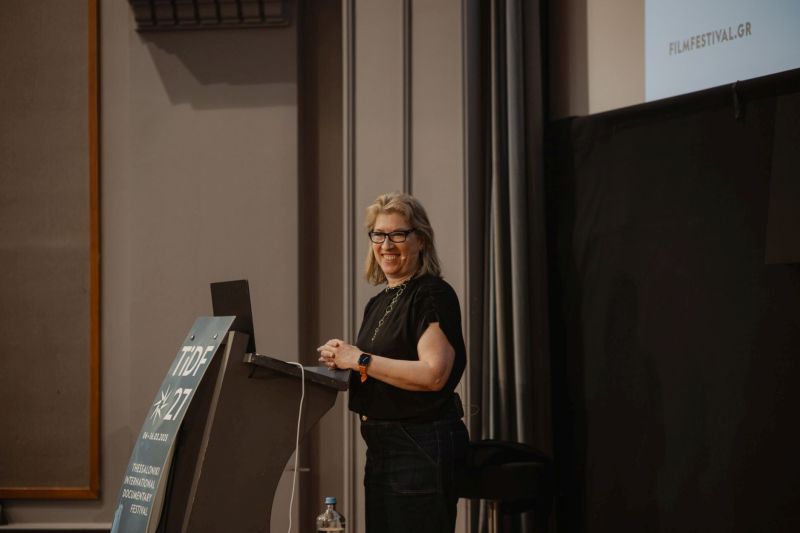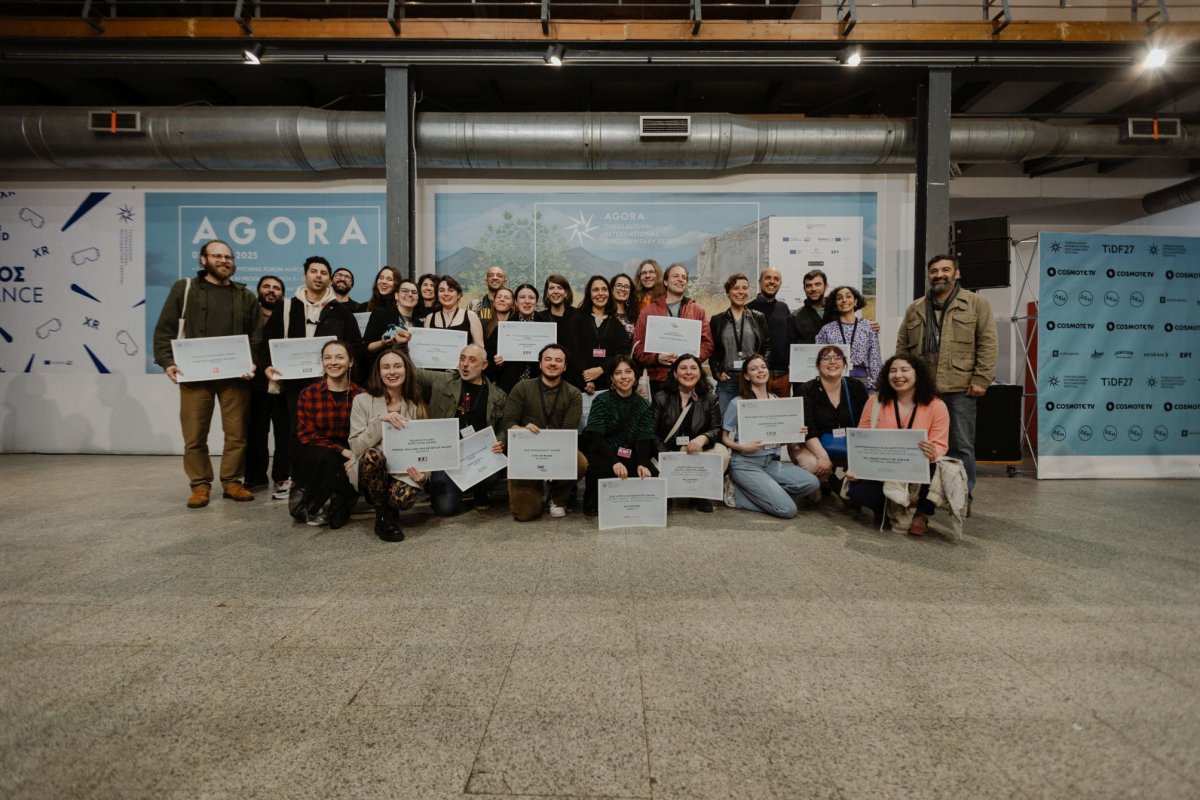Peppermint Candy
Bakha satang

Screening Schedule
No physical screenings scheduled. |
- Direction: Lee Chang-Dong
- Script: Lee Chang-Dong
- Cinematography: Hyung-Gu Kim
- Editing: Il-Hyun Park
- Sound: Seung-Chul Lee
- Music: Jae-Jin Lee
- Actors: Kyung-Gu Sol, So-Ri Moon, Yeo-Jin Kim
- Production: East Film Company
- Producers: Kaynam Myung, Makoto Ueda
- Co-production: NHK
- Co-producers: Jae-Young Jeon, Jay Jeon, Keiko Lino
- Format: DCP
- Color: Color
- Production Country: South Korea, Japan
- Production Year: 1999
- Duration: 130'
- Contact: Finecut
- Awards/Distinctions: Special Jury Prize, Don Quijote Award, Special Mention (Netpac Award) – Karlovy Vary IFF 2000, Special Jury Prize, Best Actor – Bratislava IFF 2000, Best Film, Best Director, Best Screenplay, Best New Actor, Best Supporting Actress – Grand Bell Awards 2000, Best Film, Best Director, Best Screenplay, Best New Actor – Korean Association of Film Critics 2000, Best Film, Best Director, Best Screenplay, Best Actor – Cine21 2000
Lee Chang-Dong
Lee Chang-Dong was born in Teagu, South Korea in 1954 to a leftist family, and he graduated from Kyungpuk National University, where he studied Korean Language and Literature. Three years later, in 1983, he published his first novel, The Booty. He hoped to become a painter at a young age but made a name for himself in the theater and literary worlds. A celebrated literary figure in South Korea whose fiction earned him accolades well before his foray into cinema, Lee writes and directs harrowing tales that place his characters in extreme psychological and physical agony to test the limits of the human spirit. He was almost 40 when he turned to filmmaking, beginning as a screenwriter and assistant director for Park Kwang-su, a key figure of the Korean New Wave of the late 1980s and 1990s. He began his film career by writing screenplays for To the Starry Island (1993) and A Single Spark (1995), both directed by Park Kwang-su. His directorial debut, Green Fish, screened as part of Cinematheque Ontario’s 1999 Survey of South Korean Film and in the International Competition Section of the 38th Thessaloniki IFF in 1997 (the film was nominated for the Golden Alexander Award). His tightly structured plotlines deliver unflinching exposés of pain, trauma, and rage. He appears to follow conventional genre tropes, from melodrama to noir and gangster flicks, only to subvert audience expectations with exceptionally complex stories that leave them to contemplate perplexing existential, spiritual, and moral questions. Between making Oasis (2002) and Secret Sunshine (2007), from 2003 to 2004, Lee served as South Korea’s Minister of Culture and Tourism.
Filmography
1997 Green Fish
1999 Peppermint Candy
2002 Oasis
2007 Secret Sunshine
2010 Poetry
2018 Burning
2022 Heartbeat (short)
1999 Peppermint Candy
2002 Oasis
2007 Secret Sunshine
2010 Poetry
2018 Burning
2022 Heartbeat (short)




